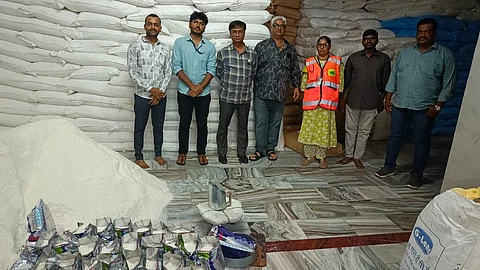The authorities have stated their commitment to taking severe legal action against the offenders to set an example and deter similar activities in the future. Investigations are ongoing to trace the full extent of the adulteration network, including sourcing, production, and distribution.
Measures are also being considered to prevent such incidents by tightening regulations and increasing surveillance. A formal statement emphasized that all actions would be taken under the provisions of the FSS Act, 2006, ensuring accountability and safeguarding public health.
(Input from various sources)
(Rehash/Sai Sindhuja K/MSM)


